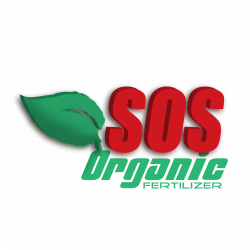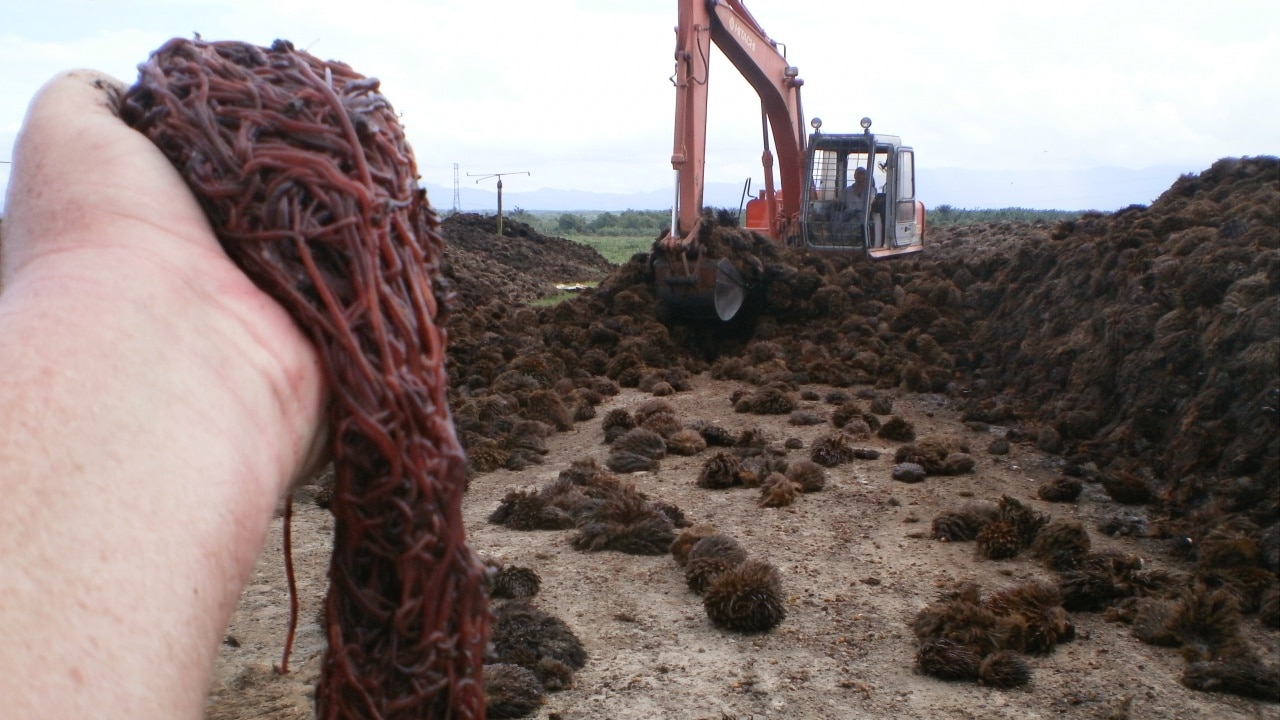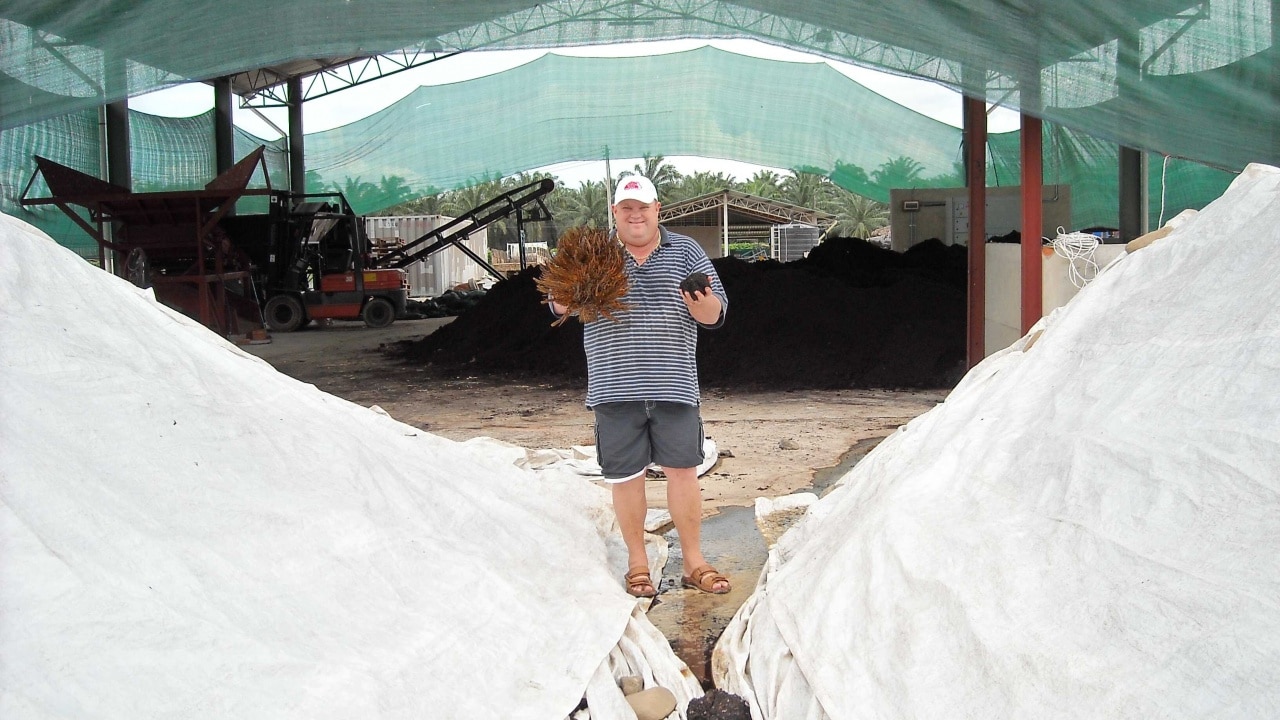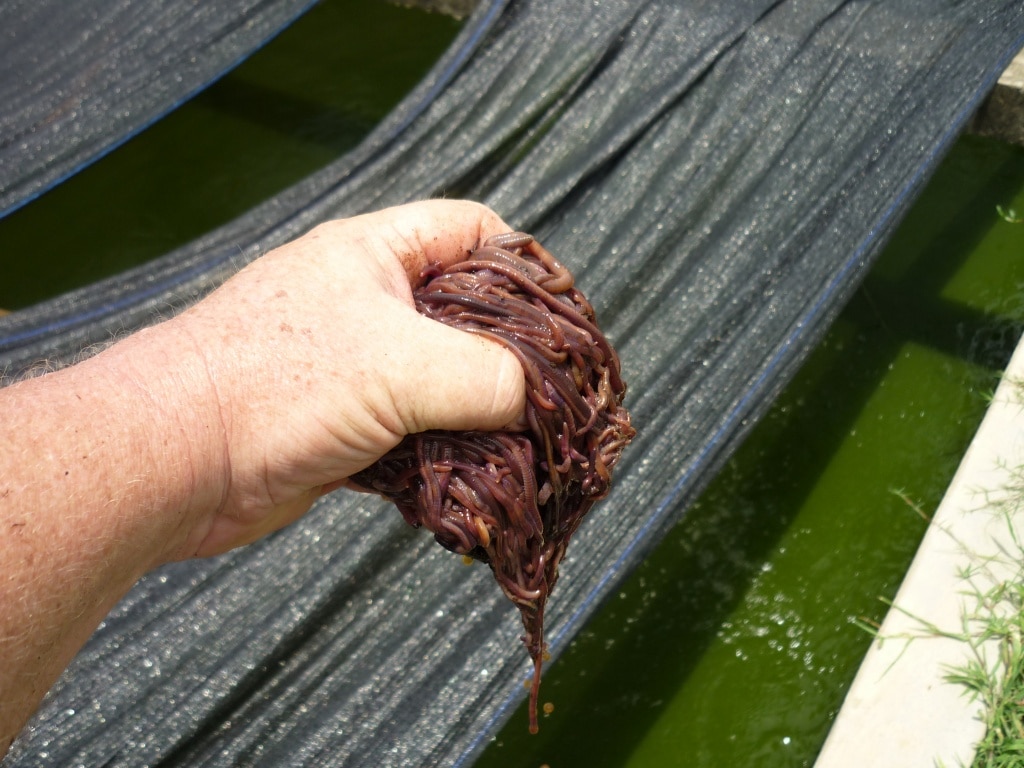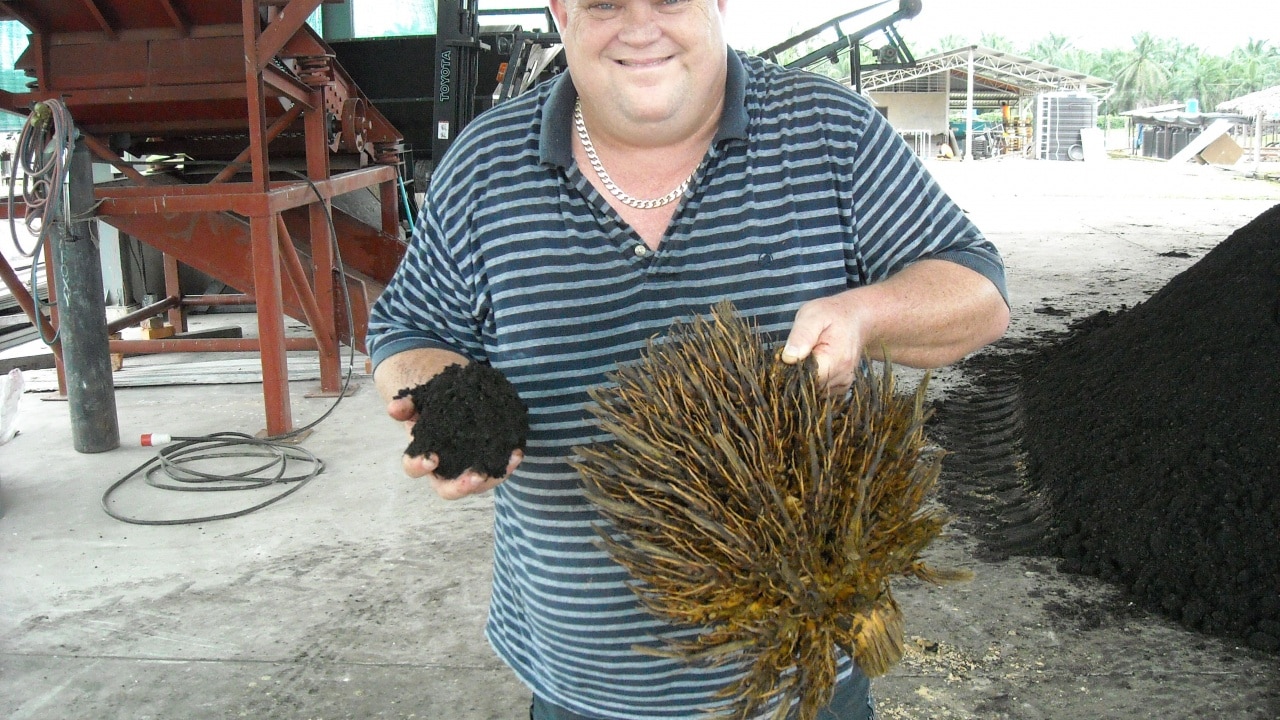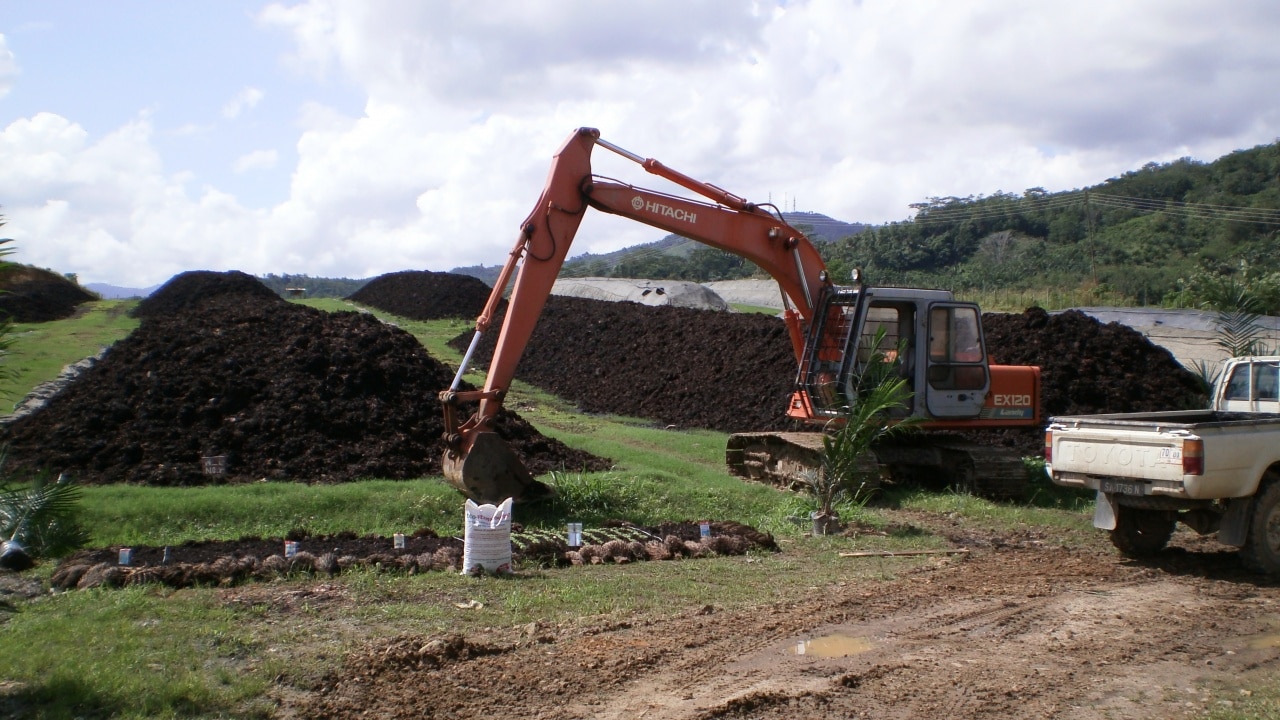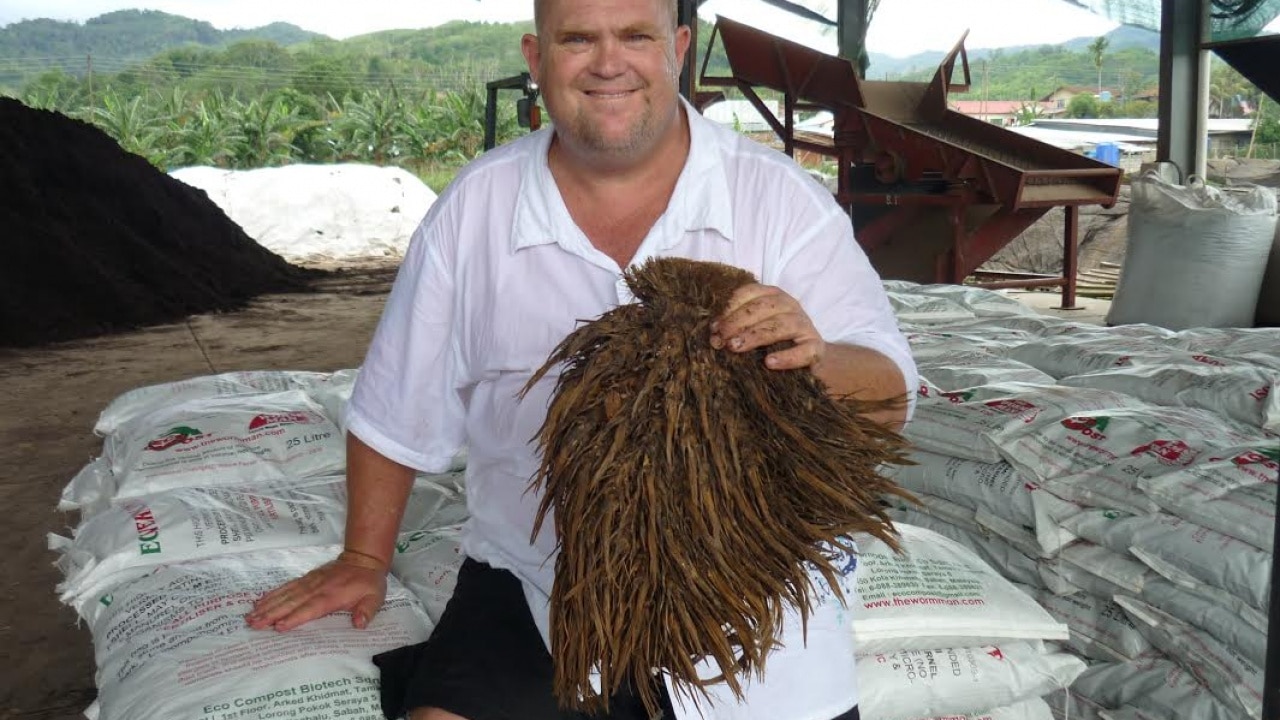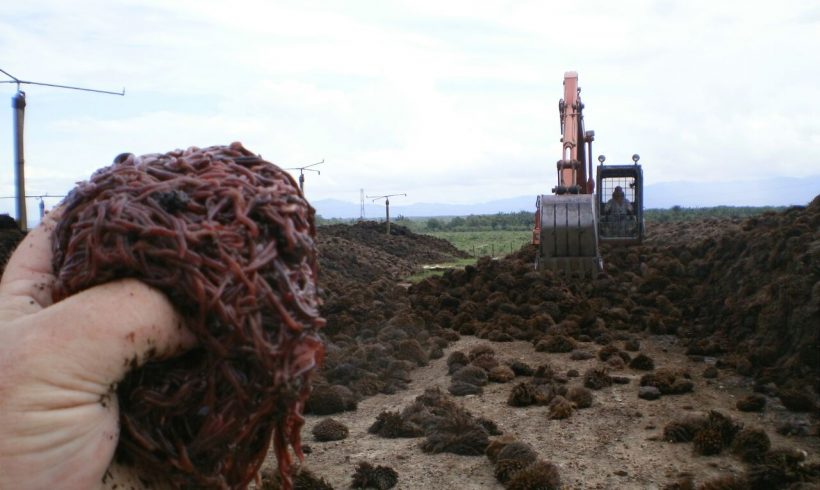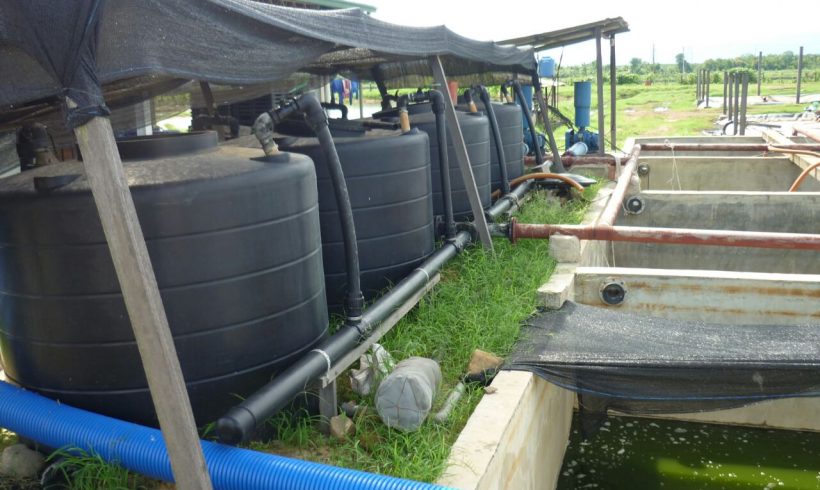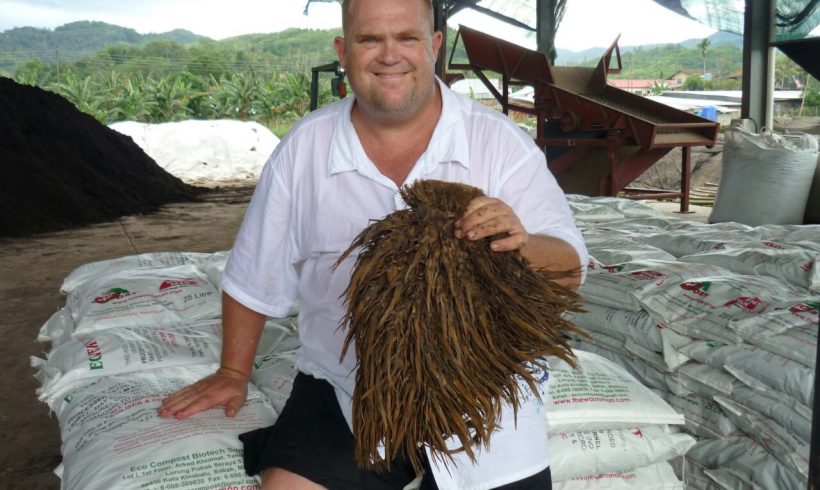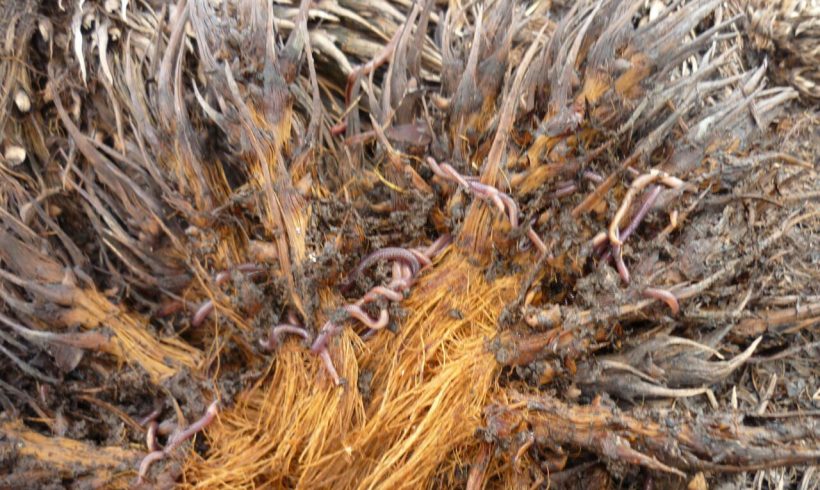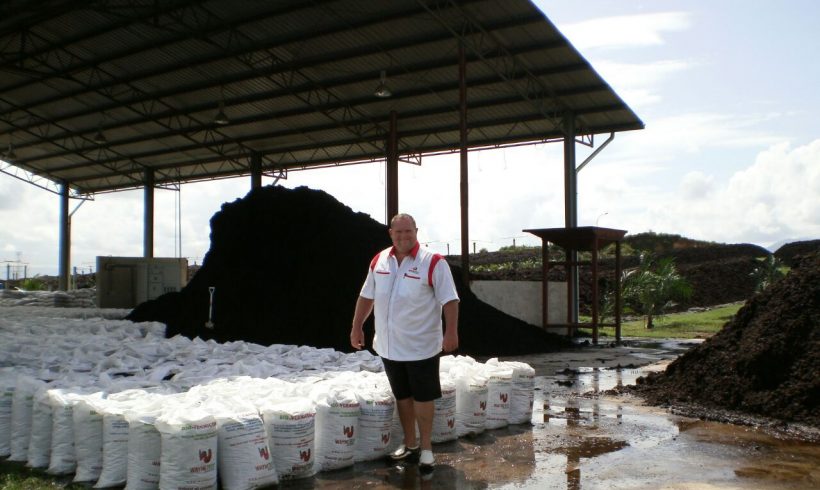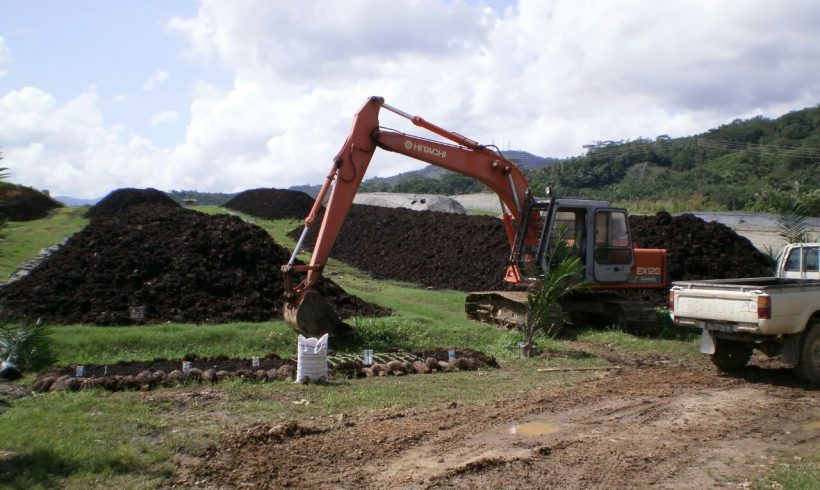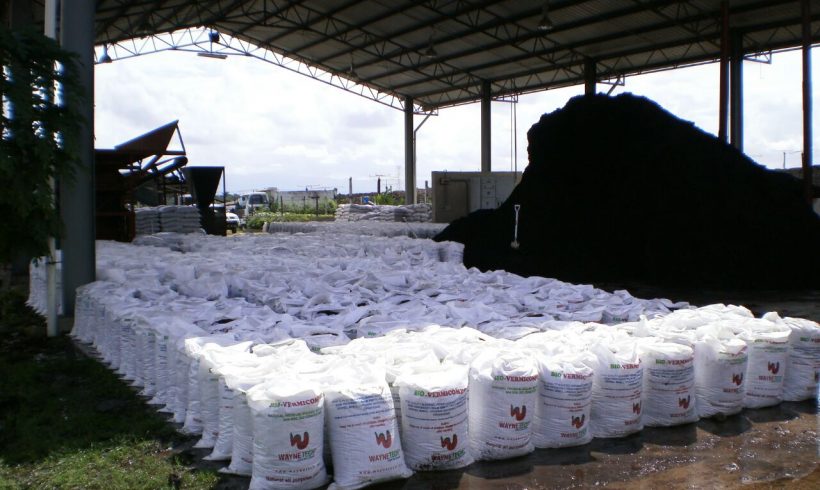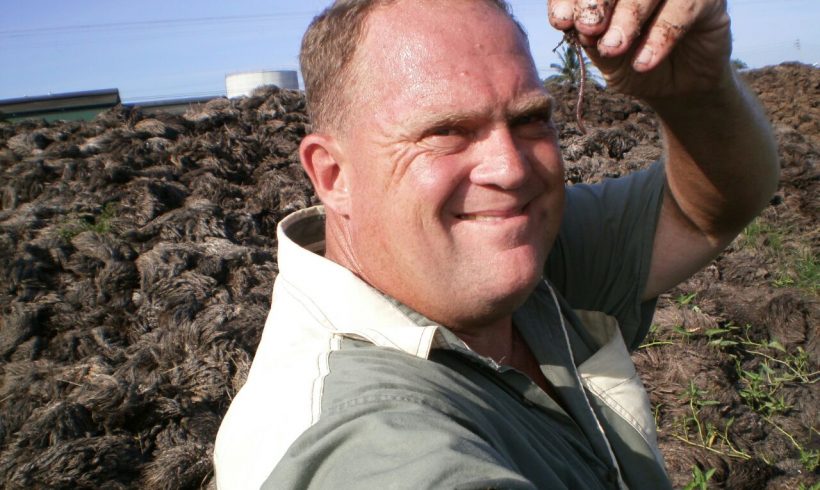We can turn’ Empty Fruit Brunch’ into Natural organic fertilizer.
We can convert all POME & palm oil mill effluence into high grade organic liquid fertilizer.
With over a decade of experience in palm oil mill waste management.S.O.S have ground breaking new biotechnology Palm oil waste management due to our commitment in R&D over 15 years.
Revolutionizing traditional bio tech services that is offer in the open market. S.O.S has the unique power of our live biomass composting worms. Our consultancy team developed the first DOE approved vermi waste management Sawit at Langon.
ALL PALM OIL MILL have now the opportunity to negotiate a consultancy package tailor to your specific needs to create a total odour free organic friendly waste management system.
In 2012, Malaysia, the world’s second largest producer of palm oil, produced 18.79 million tonnes of crude palm oil on roughly 5,000,000 hectares (19,000 sq mi) of land. Though Indonesia produces more palm oil, Malaysia is the world’s largest exporter of palm oil having exported 18 million tonnes of palm oil products in 2011. China, Pakistan, the European Union, India and the United States are the primary importers of Malaysian palm oil products.
In 2012, the Malaysian palm oil industry employed an estimated 491,000 workers.
Malaysia’s Sime Darby is the largest listed palm oil company globally, based on plantation area and fresh fruit bunch production. The company was created through a Malaysian government initiated merger in December 2006. The world’s second-largest oil palm plantation company, Felda Global Ventures Holdings (FELDA), is also based in Malaysia.

